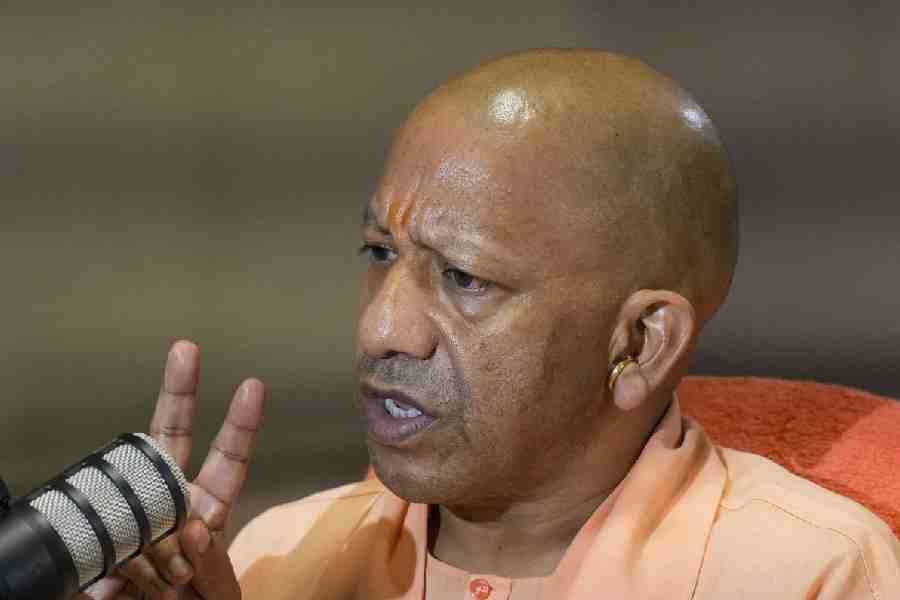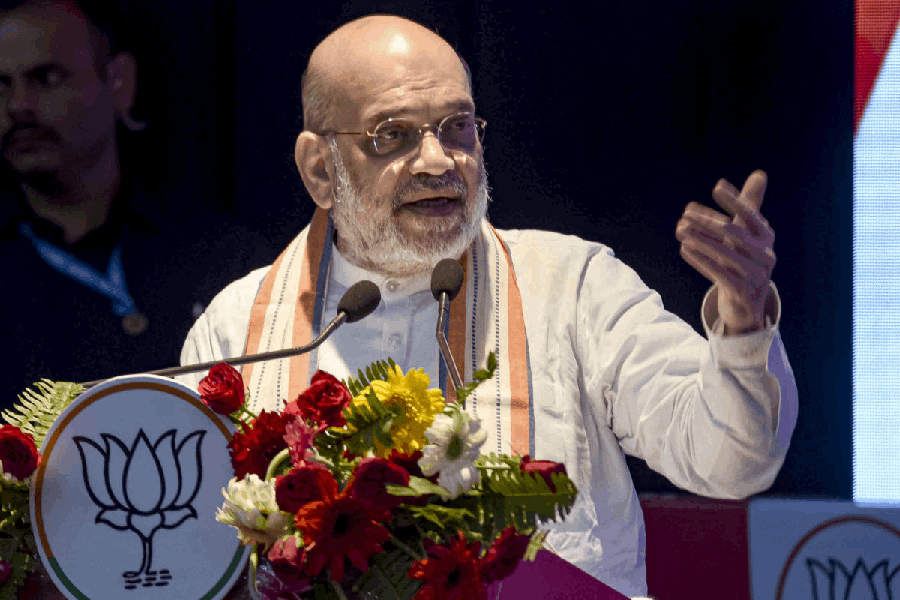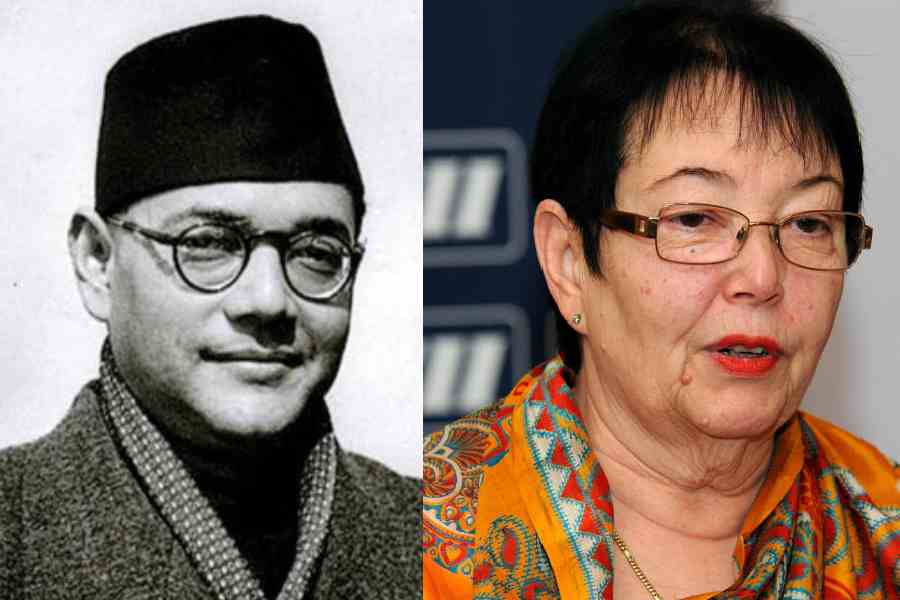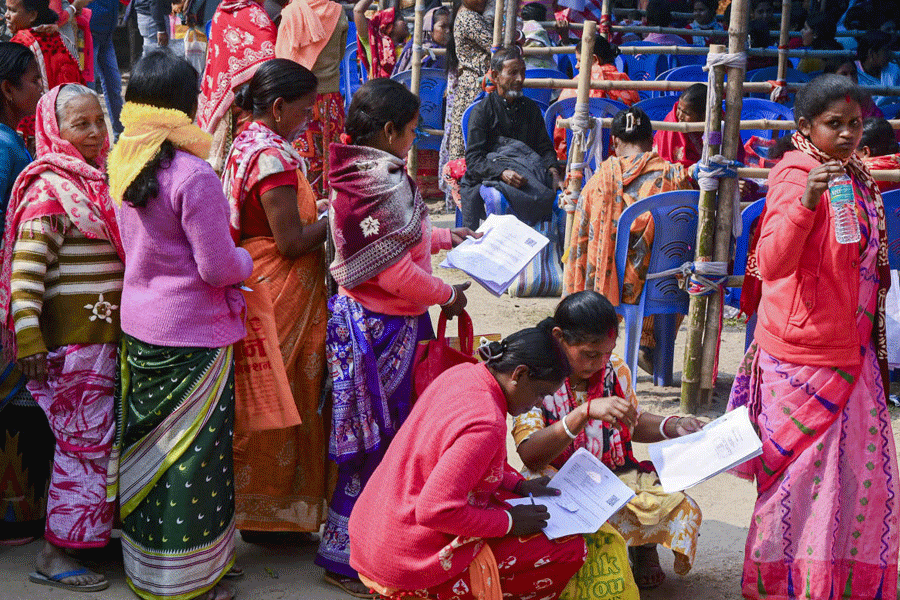

Guwahati, April 8: The anti-witchhunt draft bill prepared by the Assam government, which proposes punishment from three years to life imprisonment, is the strictest in the country so far.
Apart from stricter punishment for terming someone a witch and for physical, sexual or mental torture leading to suicide and displacement, the Prevention of and Protection from Witch Hunting Bill, 2015, Assam, aims to check illegal practices by quacks. It also proposes action against negligence in investigation, formation of special courts for trial of witch-hunting cases and free legal aid to victims, among other provisions.
"The provision for life imprisonment in witch-hunt related cases is the strictest so far," Baibhab Anand, a lawyer associated with the New Delhi-based Human Rights Defence International, told The Telegraph, today. The rights group has been lobbying for a national law to check witch-hunting, as at least 12 states have the problem.
States like Bihar, Odisha, Jharkhand and Maharashtra already have anti-witch-hunt legislations in place. However, Dibyajyoti Saikia of Brothers, an Guwahati-based NGO, said,
"It has been observed that the laws to deal with witch-hunt attacks in Bihar, Jharkhand or Odisha have not been strong enough although the problem there is equally serious, if not worse. So we had sought a stricter law in our state and we hope the bill is passed by our Assembly soon after a public discussion."
The Assam home department had submitted the draft bill in Gauhati High Court on Monday, following the court's instruction during the hearing of a public interest litigation (PIL). Rajeeb Kalita, a city-based lawyer, had filed the PIL in 2013, seeking an anti-witch-hunt law since over 130 people have died in such attacks in at least 17 of the state's 27 districts since 2002.
The PIL says when maladies such as illness, death or financial loss occur in a family, superstition leads many to believe that evil spells cast on them by others is the cause. Those accused of practising witchcraft are often hunted down and ostracised by the community and the village.
Many have welcomed the proposal for three-year imprisonment for those found guilty of witch-hunting in the name of performing healing acts or other superstitions.
" Bej or ojha (quacks) are often found involved in such crime and they need to be dealt with strictly. The act should have a provision to punish village headmen found directly involved in such attacks or in instigating such crimes. During public discussion, we will suggest that the act should give protection to those who fight superstition and promote scientific temper among people," said Isfakur Rahman, joint convener of the Coordination Committee Against Superstition, an umbrella body of anti-superstition organisations in Assam.
No date has been fixed for the public discussion.
The committee comprises organisations like the Assam Science Society, Ellora Vigyan Mancha, Mission Birubala, Gyan Bigyan Samity, Northeast Society for Promotion of the Youths and Masses, Jukti Bikash Samity, All Bodo Students' Union and the All Assam Tea Tribes Students Association, among others.
Rahman said a strict law was necessary as witch-hunting involved attacks for property or personal enmity.
Civil rights lawyer Bhaskar Dev Konwar said the bill also proposed rehabilitation of victims, providing free counselling, medical and legal aid and awareness campaigns as sought by Kalita in his PIL.
"The bill suggests that the fine realised as punishment should be paid to the victim as compensation," Konwar, a senior lawyer who represents Kalita in the high court, said.
"Those associated with rescue, shelter and rehabilitation of the victims also need protection," Natyabir Das of Mission Birubala, an NGO, said.
The mission was started in 2011 by anti-witchhunt crusader Birubala Rabha. She has rescued many women and men branded as witch/sorcerer.











